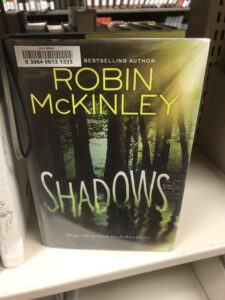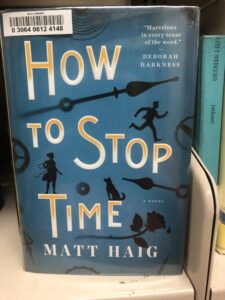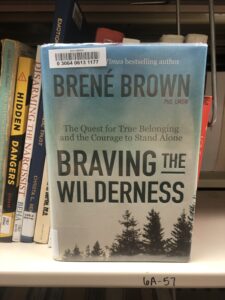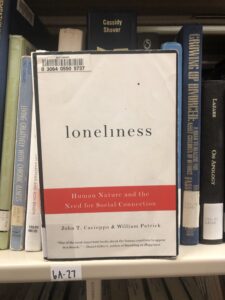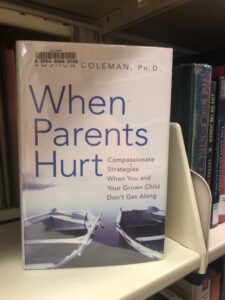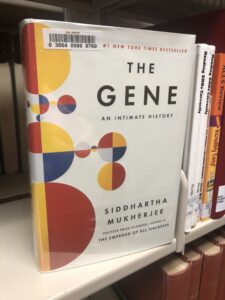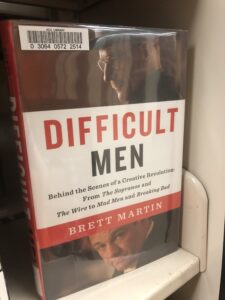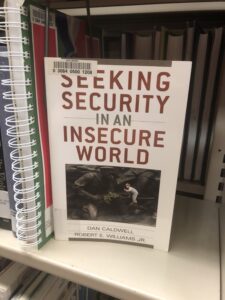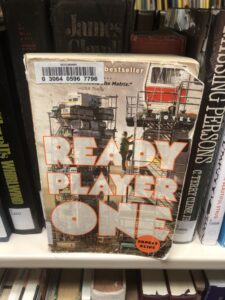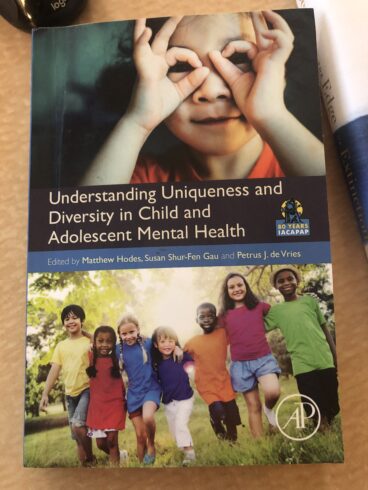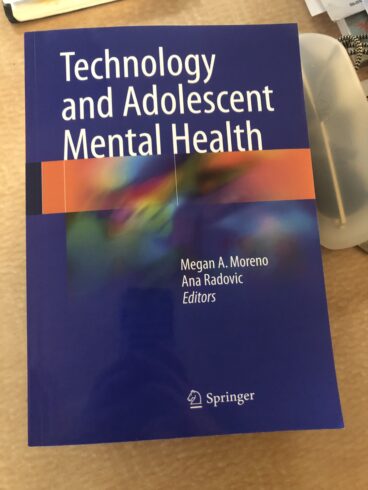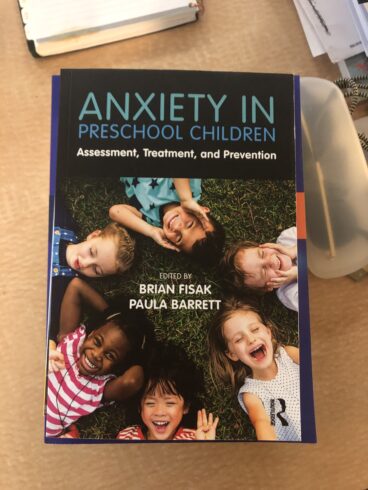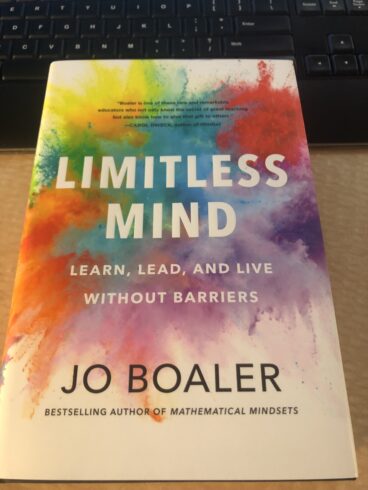
I’m sure I’m in the majority when I say, “I’m so ready to go back to normal.” We’ve all had to sacrifice, change routines, and tried to make sense of everything that’s going on. The good news is that our library is still open and still has access to books. Yay!
You can come by and read, work on stuff, or place holds on books and pick them up (Sidenote: The library is still only swipe access for current students, faculty, and staff. When you click on any of the titles below a new tab will open and you can place a hold on the book there). Below are some books you can dive into this summer. Some are fun, distraction reading, while others are informative about a variety of topics.
If you need some distraction in your life:
Shadows
How to Stop Time
Let’s Learn About Ourselves and Others
Loneliness
When Parents Hurt
Atomic Habits
Science with a sprinkle of pandemic history
The Accidental Homo Sapiens
The Gene
HERstory:
Too Much
Women in Texas History
A Black Women’s History of the United States
Mothers, Monsters, Whores
If you’re tired of binge-watching shows on Netflix…
Explorations in Theology and Film
Post 9/11 Cinema
Difficult Men
Kindness and Wonder
Or want to learn about our country’s politics
Seeking Security in an Insecure World
And my own personal recommendations:
An Absolutely Remarkable Thing
Ready Player One
Aristotle and Dante Discover the Secrets of the Universe
Much love and blessings!



